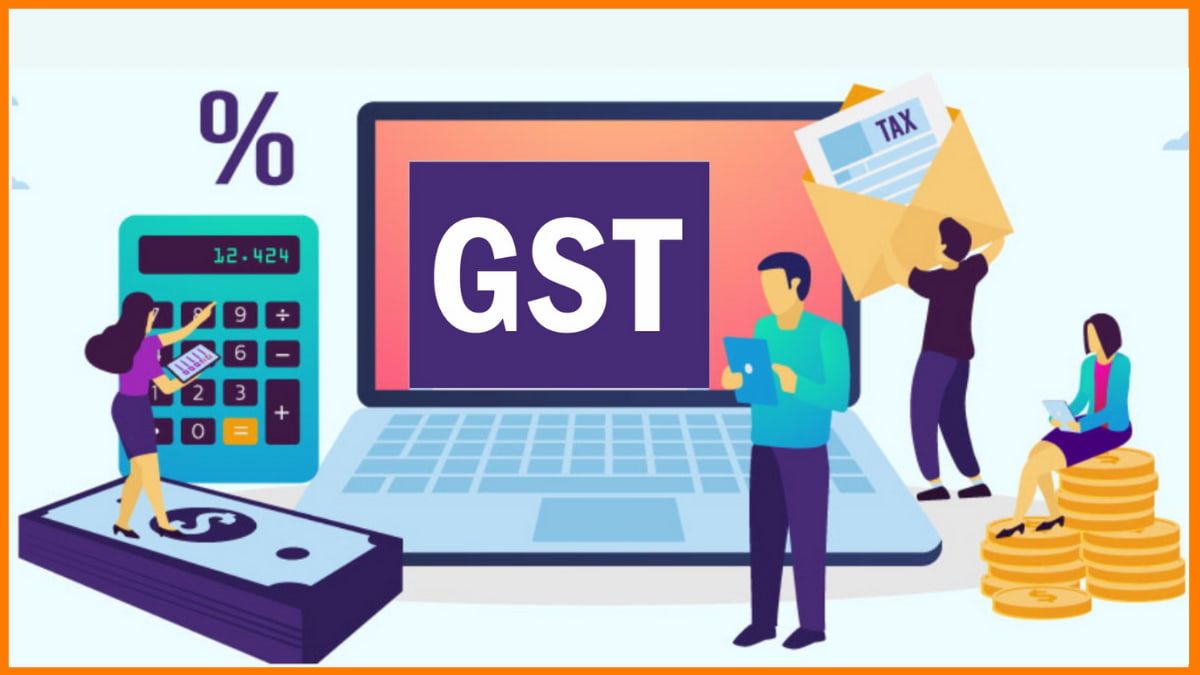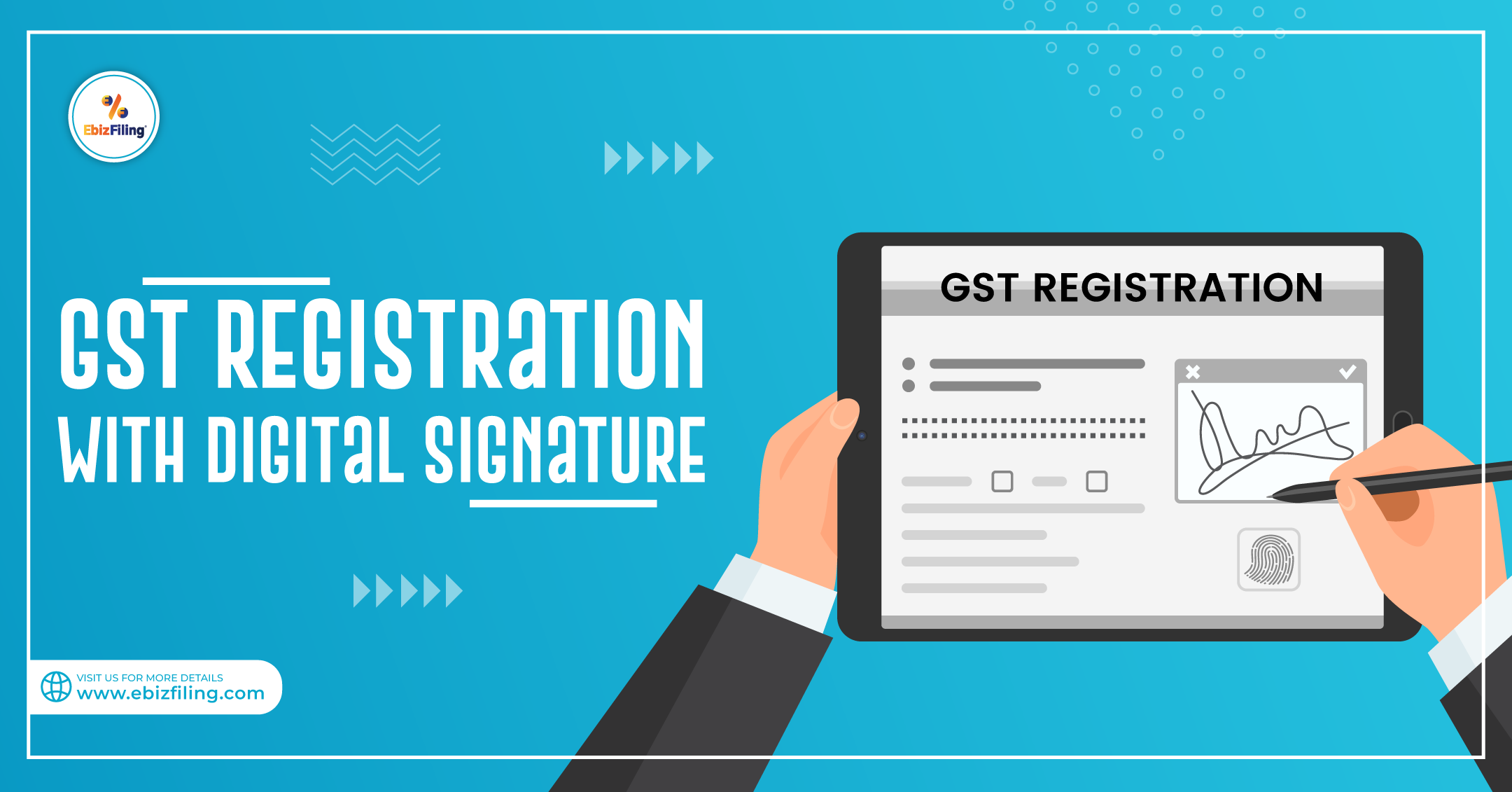Discovering Dependable and Reliable Best GST Registration Services in Singapore
Discovering Dependable and Reliable Best GST Registration Services in Singapore
Blog Article
From Beginning to Finish: The Ultimate Roadmap to GST Registration for Organizations Seeking Financial Security
Navigating the complexities of Goods and Services Tax Obligation (GST) enrollment is an important action for companies aiming for financial security. Damaging down the roadmap right into manageable steps can streamline the enrollment journey for organizations looking to improve their financial standing.
Understanding GST Fundamentals
Looking into the basic concepts of Goods and Provider Tax (GST) is essential for obtaining a comprehensive understanding of its effects on companies and the economic situation. GST is a value-added tax levied on most items and solutions for domestic intake. It has changed numerous indirect tax obligations that existed in the pre-GST period, streamlining the tax obligation framework and improving simplicity of doing service in India. Under the GST system, both solutions and goods are strained at a details rate, which is figured out based on their category. Businesses are required to register for GST if their annual turn over surpasses the threshold limitation established by the federal government. Input Tax Credit Scores (ITC) is a substantial feature of GST, allowing businesses to assert credit rating for taxes paid on inputs, lowering the overall tax obligation worry. Comprehending the basics of GST is vital for services to abide by tax obligation policies, manage their financial resources efficiently, and contribute to the nation's economic growth by joining a transparent tax obligation system.
Qualification Requirements for Enrollment
To register for GST, companies need to satisfy certain eligibility criteria established by the government. The primary eligibility need is that any service associated with the supply of items or solutions with a yearly accumulation turn over above the threshold limit established by the authorities must sign up for GST. As of the existing guidelines, the threshold limit for GST enrollment is an annual aggregate turnover of 40 lakhs for services operating within a state, besides unique category states where the restriction is 20 lakhs. Additionally, specific organizations are called for to register for GST regardless of their turnover, such as interstate distributors, laid-back taxed persons, and companies accountable to pay tax under the reverse charge system. It is essential for organizations to thoroughly analyze their turn over and deal kinds to identify their GST enrollment obligations properly. Failure to register for GST when eligible can result in fines and lawful repercussions, making it crucial for services to stick to the specified qualification criteria.
Papers Required for Registration
Having met the eligibility standards for GST registration, companies need to now guarantee they have the requisite documents in position to proceed with the registration procedure efficiently. The records required for GST enrollment usually include evidence of company constitution, such as partnership act, enrollment certificate, or incorporation certificate for various sorts of businesses. browse around this site In addition, services need to supply records developing the major business, such as a rental arrangement or electrical power bill. Frying pan card of the organization, along with the identification and address proof of promoters/partners/directors, are important for confirmation objectives. Savings account declarations, along with canceled cheques or a duplicate of the financial institution passbook, are called for to confirm the economic details given during enrollment. Organizations should have electronic trademarks all set for the licensed signature. Guaranteeing all these papers are organized and easily offered will certainly speed up the GST registration process, allowing services to abide with tax obligation guidelines seamlessly.
Step-by-Step Enrollment Refine
Beginning the GST registration process includes a series of organized steps to make sure a certified and smooth registration for businesses. The very first action is to check out the GST portal and complete the enrollment type with exact details of business entity. Following this, the applicant receives a Momentary Reference Number (TRN) which is used to resume the application process if it's not finished in one go.
Next, all needed papers according to the list offered by the GST portal demand to be submitted. These papers typically include proof of organization address, identity and registration proofs of promoters, economic statements, and service entity's PAN card.

Post-Registration Compliance Standards

Conclusion
In final thought, organizations looking for financial stability should recognize the basics of GST, satisfy eligibility requirements, collect essential files, adhere to the detailed registration procedure, and adhere to post-registration standards - Best GST registration services in Singapore. By adhering to these actions, services can make certain conformity with tax laws and maintain monetary stability over time
Additionally, specific companies are called for to register for GST regardless of their turnover, such as interstate providers, casual taxed individuals, and companies liable to pay tax obligation under the reverse charge mechanism.Having actually satisfied the eligibility standards for GST enrollment, services have to currently guarantee they have the requisite documents in location to continue with the registration process successfully. The papers needed for GST registration typically consist of proof of organization constitution, such as partnership deed, registration certificate, or consolidation certification for various kinds of services. In addition, businesses require to provide files developing the principal place of company, such as a rental contract or power costs.Beginning the GST enrollment procedure includes a series of organized steps to ensure a compliant and seamless registration for services.
Report this page